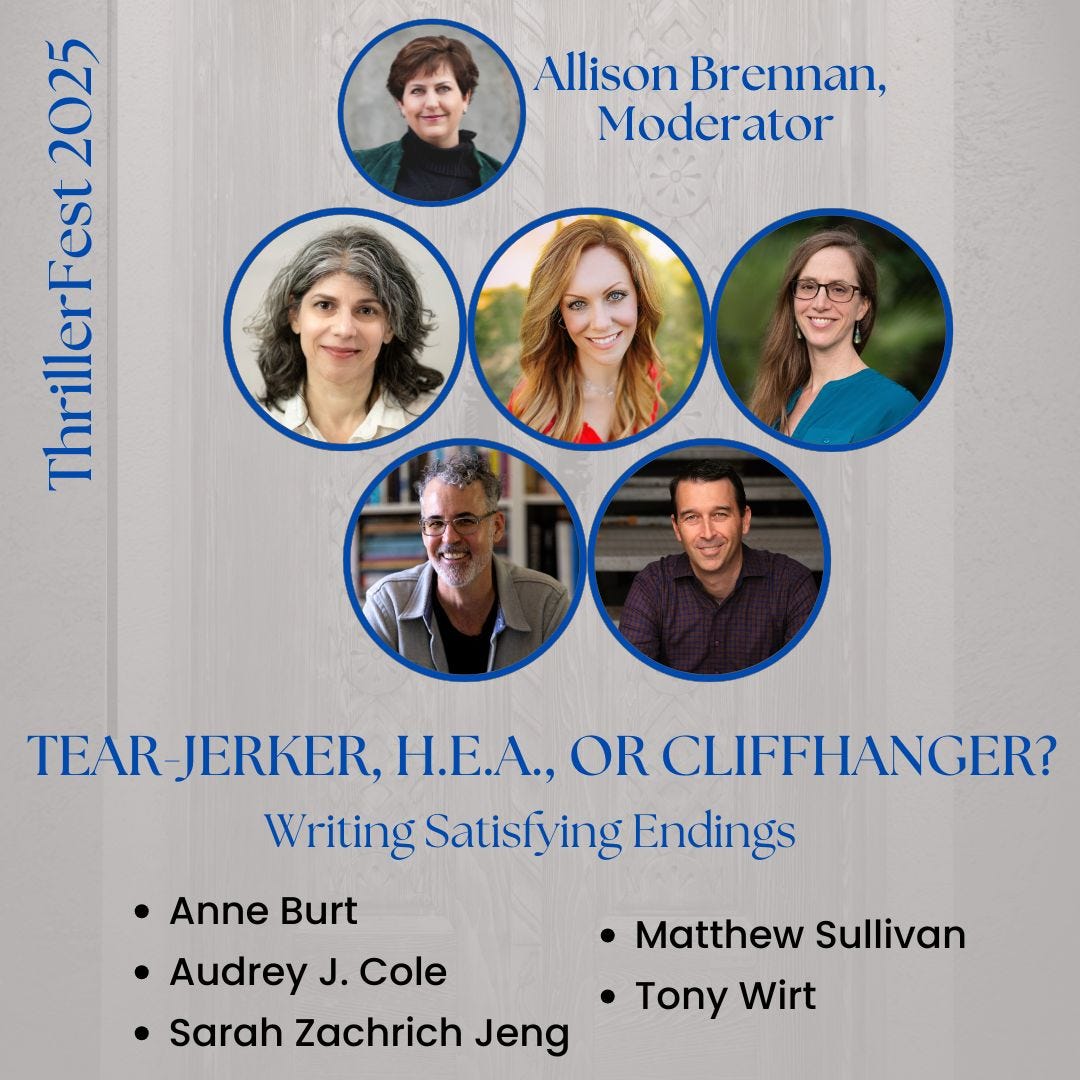A couple of weeks ago, there was some social media discourse about whether authors should publish less-than-complimentary reviews of fellow authors’ books. Some people were all, “I’ve got to speak my truth, man,” while others were like “You are a sociopath if you even consider it” but the majority of views seemed to fall somewhere in between, mostly towards the “😬😬😬” end of the spectrum. My personal opinion is, if you have aspirations to publish fiction and you don’t want to accidentally piss someone off and maybe hurt your career, it’s not a great idea.

The title of this newsletter is simplistic because it has to fit in an email subject line, and I know there are exceptions and special circumstances and blah blah blah. If the NYT Book Review offered me money (and dat platform) to opine on books professionally, I would absolutely do it. Professional book reviews, as endangered a species as they are, generally tend to be more measured than reviews in reader spaces like StoryGraph and BookTok.1 Of course, mass media and trade reviews are still subjective, because they are still one person’s opinion. And the author whose book is the subject of those reviews is free to feel any way they want about the person who wrote them.2
There’s also promoting your friends’ and peers’ books on your own platforms, which is not what I’m talking about when I say “reviewing.” What I’m (mostly) talking about is going on NetGalley or Goodreads and giving your fellow debut author’s book three stars (or even posting a review that YOU think is complimentary but has a line that starts out “The only thing I didn’t love was…”3). It gets a little hazier when we talk about, say, a BookTok influencer who has built a platform on their unvarnished opinions and is now coming out with their own book. Best of luck threading that needle, I guess!
People love to say publishing is a small world. It is and it isn’t. There are authors whose books sell hundreds of thousands of copies a year and I, a fairly online bookish person, have never heard of them. Also, the great majority of authors do not individually have the power to tank your career if you upset them. But writing careers are helped along by relationships, and relationships are built incrementally. Being a poor literary citizen is more an opportunity cost kind of thing.
Authors are human, in every sense. We are told to grow thick skins if we want to publish, but we do have feelings, and we can’t cut off our own access to those feelings if we want to write good fiction. I have seen some breathtakingly cruel personal attacks posted in the guise of reviews. I stopped reading my own reviews because some of the takes interfered with my ability to write. If you know firsthand how difficult it is to write even a bad book, are you going to be that colleague4 who publicly shits on work that represents a year of someone’s life because you’re squicked out by the word “folds”?
Authors can also be as insecure and vindictive as anyone else. If you post a scathing review of our book on Goodreads and then a year later5 ask us to blurb your forthcoming debut, we may or may not laugh and post a screenshot of your email in the group chat before we delete it (the email, not the group chat).
The novel I’m currently writing is fantasy. (“Portal fantasy with a strong romantic plot” is how I pitched it to my agent, if we want to get granular.) Since this is well outside the genre of my published books, I was playing around with the idea of rereading a well-loved high fantasy series that had been a gateway of sorts for me, and recapping it in my newsletter. I had actually written a bunch of content for it. But since a) the books are pretty old and very much products of their time and b) one purpose of the piece was to entertain, some of my opinions were…irreverent.6
As the authors are still living and still publishing, I started to reconsider. What were the upsides here? Was I building my author brand? (Not really, other than proving my bona fides as a longtime fantasy reader.) Was I building relationships with readers or with other authors? (Possibly, with fans of the series who shared my opinions, but I could just as easily be alienating people.) I weighed those possible upsides against the downsides of being seen as attacking a fellow writer, let alone possibly coming face to face with them one day and it being super awkward. And as editor-in-chief of this here professional media outlet, I spiked the story.
Obviously, “Keep your critical opinions in the group chat (the small one, not the big one)” is just my opinion and I am not the boss of you. You’re perfectly free to spread your snarky wisdom all over Al Gore’s internet, or even pull a Cait Corrain and review bomb your fellow debuts’ books (though I wouldn’t recommend it.) But in a business built on relationships, sometimes there’s no comfort in the truth.
Author updates
I’ll be at the Orlando Book Festival this month! I’m looking forward to meeting readers and fellow writers at the Orlando Public Library on May 17, 2025.
I’ll be at Thrillerfest next month! The panel I’m on is at 8am on Friday, June 20 and it’s called TEAR-JERKER, H.E.A., OR CLIFFHANGER? Writing Satisfying Endings. Based on my current progress (knock on wood) I’ll either be finishing or have just finished my draft, so hopefully (!!) I will have plenty of thoughts on this topic.
Weird thing I am researching
Owls. Owls are extremely weird.
Reading/watching/listening
Reading: Faebound by Saara El-Arifi. Loving the sisters at the center of this story!
Watching: New Murderbot series promo content dropped! I am optimistic!
Listening: Sharon Van Etten & the Attachment Theory’s latest.
If you enjoy my ramblings, you might like my books!
The Other Me, which PopSugar called a “Black Mirror-esque rabbit hole,” is an inventive page-turner about the choices we make and the ones made for us.
When I’m Her asks the question: How far would you go to get even with the woman who ruined your life?
Though I have seen thorough and insightful critique in these places.
For example, if I ever found out who reviewed my debut in a certain trade outlet, and then found myself on a panel with that person, it would be rather awkward. This is probably one reason trade reviews don’t have bylines.
I have actually done something like this, and it was dumb, and I’m sorry.
This is another point the anti-review people make: other authors are your colleagues, and you wouldn’t send out a companywide email complaining that Becky in accounting is bad at her job. Even if she is.
Or five years later, did you think we wouldn’t remember? OH BUT WE DO
I am the first to admit snark is often more fun to read (and write) than glowing praise.







I like Zach Weinersmith's comment on the question: "I *review* books by dead people, and only *summarize* books by the living"
I love thinking of yourself as the editor-in-chief of this newsletter and spiking a story lol. Great discussion of this incredibly thorny issue!